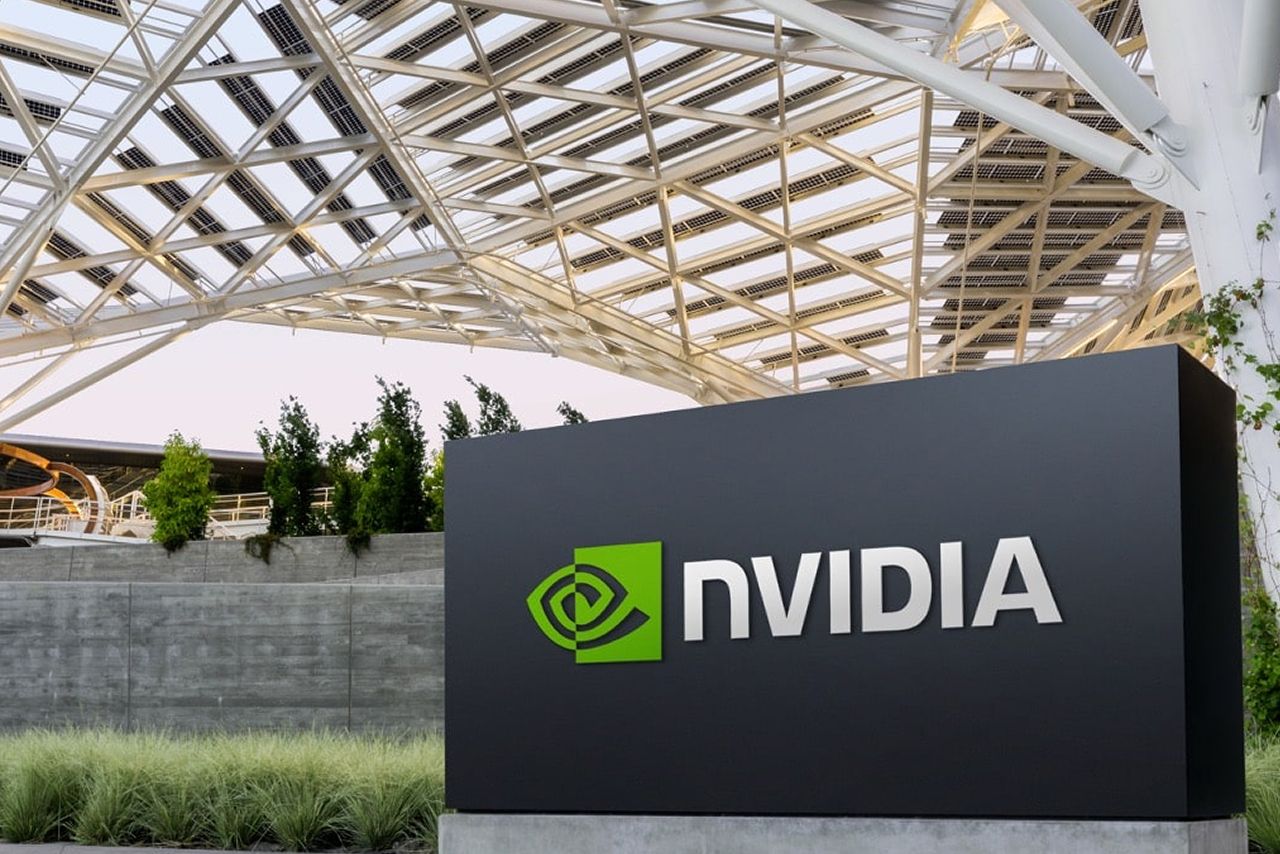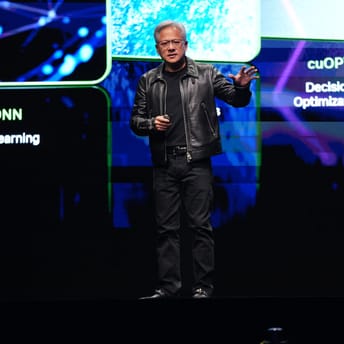Nvidia and Broadcom Are Reportedly Testing Intel’s 18A Process Node for Manufacturing

|
|
Key points
- Nvidia and Broadcom are testing Intel’s 18A Process Node for potential usage in future GPU hardware.
- GPU hardware advancement is essential for AI.
- Intel’s 18A Process Node is created in Arizona, and therefore implementation of the product would bypass international trading tariffs.
Nvidia and Broadcom are reportedly testing Intel’s 18A Processor Node for their future GPU hardware. Though they are not yet officially adapting the domestically created processor node, the testing indicates a potential partnership in the future.
AMD is also reportedly “evaluating whether Intel’s 18A manufacturing process is suitable for its needs” – it is currently unclear whether AMD has begun testing.
Intel’s 18A process node is designed to compete with TSMC’s N2 process, offering comparable transistor density and supposedly superior performance.
The use of Intel’s 18A processor node would keep the manufacturing within the United States, as Intel’s foundry that handles the 18A processor node is located in Arizona – thereby potentially bypassing tariff laws.
Unfortunately for Intel, TSCM’s Arizona manufacturing plants received a $100 billion investment – the news was announced on March 3 by United States President Donald Trump. This news indicates more fierce competition for Intel amidst the evolving hardware market.
If Intel’s 18A Processor Node is successfully implemented, the company’s struggling hierarchy in the AI market will be cemented. The hardware would be used in leading the GPU advancements, which are essential for the future of AI.
Artificial intelligence’s deep learning tasks are computationally intensive, relying on GPUs to handle large-scale matrix operations. At this point in time, most AIs are housed in designated servers – relying on cloud communications to relay information to the user. Industry leading hardware manufacturers are in a race to create space for AI to be housed in PCs, rather than an external source.













